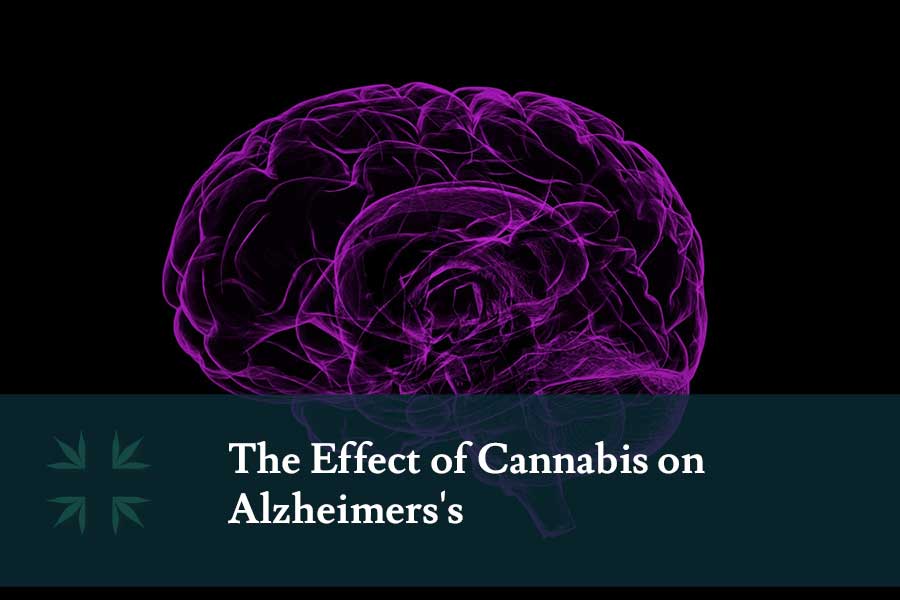Can Cannabis help those suffering from Alzheimer’s? It’s a question that begs an answer for the nearly 6 million people who currently have some level of the disease. Scientists have been researching the root causes of Alzheimer’s in recent years, and with advances in molecular biology they’re beginning to understand that many of the previous assumptions about the disease may have been wrong, or at best, more symptomatic of underlying chemical changes.
The inflammation of nerve cells was once thought to be a reaction by immune-like cells, and not nerve cells themselves. Now a better analysis of beta amyloid proteins indicates the THC can reduce the inflammation by reducing the amount of beta amyloids, which causes the cells to quit reacting in such a way that results in causing damage to the brain. Unfortunately, clinical trials haven’t begun yet, and these reactions are based on models.
The beta amyloid plaque that basically suffocates nerve cells has seen real-world testing. In this case, the effects of dementia are being treated with THC. While there have been some studies that didn’t show much effect, a study with 11 people actually did seem to produce a “significant reduction” in the worst symptoms of dementia, which include delusions, aggression, and issues with sleep.
An earlier study even seemed to suggest that beta amyloid could be inhibited by low doses of THC. This particular test also wasn’t on humans, and was somewhat complicated by testing whether caffeine would help the effect, but it didn’t appear to do so. The quandary, as always, is a lack of federal acceptance of clinical trials. The FDA-approved drugs Dronabinol and Nabilone use a similar approach, but are also used for AIDS and cancer patients, and have their own set of drawbacks — not the least of which is cost.
So that leaves us with a lot of anecdotal evidence from people who are trying what they can to mitigate the effects of Alzheimer’s. A few symptoms in particular seem to be alleviated by medical cannabis, including insomnia and anxiety. One of the people seeing results is nurse practitioner Eloise Theisen, who has over 15 years of experience diagnosing and prescribing cannabis to patients. According to this profile in the SF Chronicle, around 20% of patients may not be helped by the drug, but the other 80% are seeing significant improvements. Again, her results include improvements in anxiety levels, insomnia, and aggression.
Bottom line? Medical cannabis is showing great promise for some in reducing the effects of Alzheimer’s. It’s still not clear if cannabis is truly reversing the disease, slowing it, or just alleviating symptoms, but for a growing number of elderly patients it’s giving them more time and energy — it’s giving them their lives back.

Leave A Comment